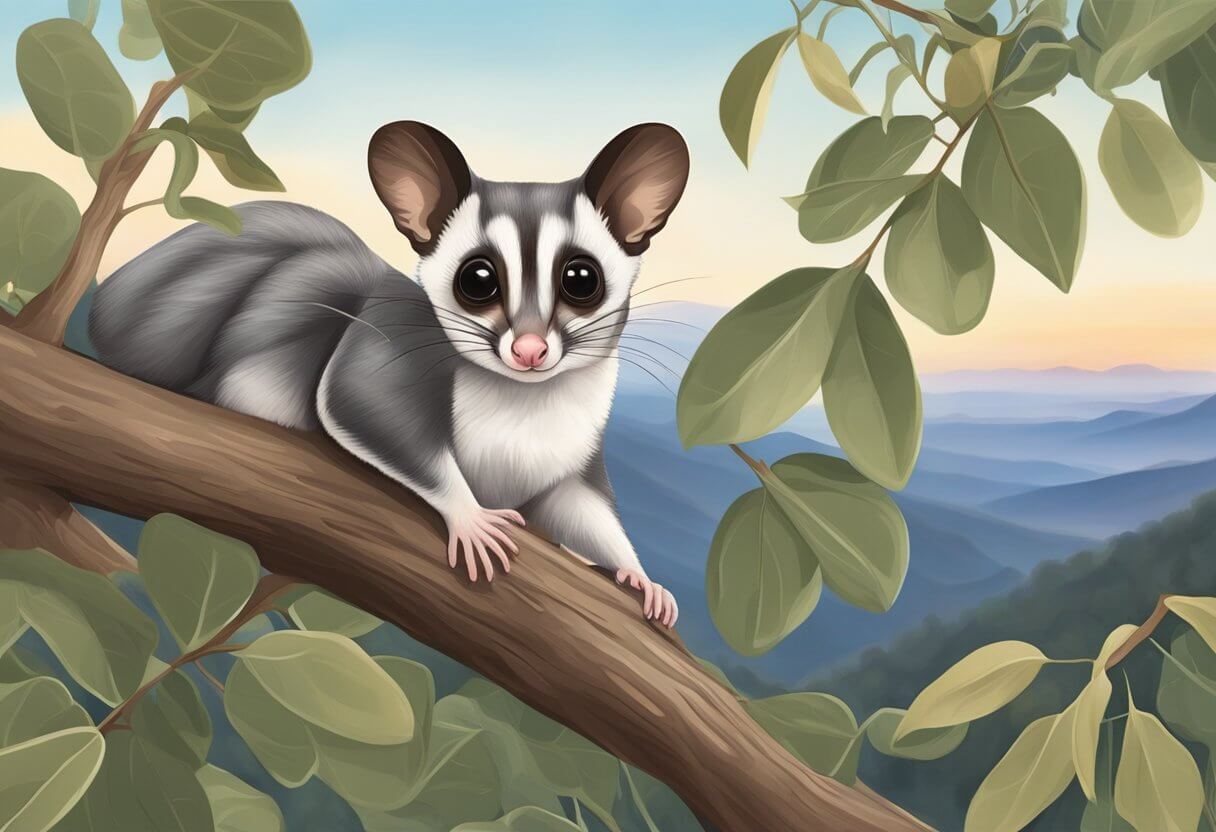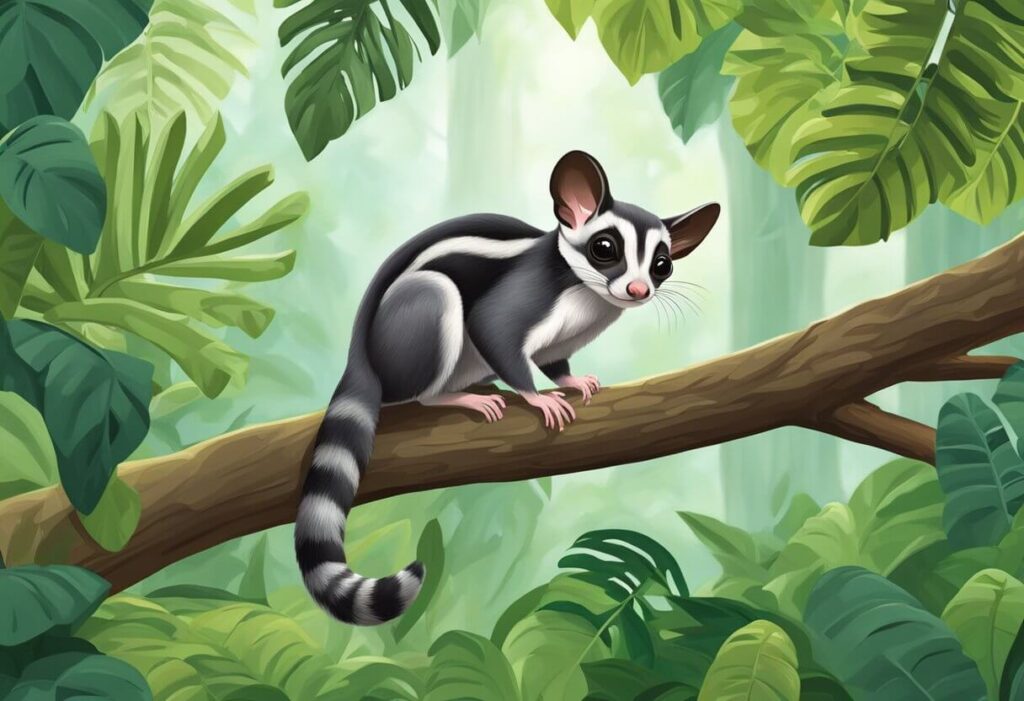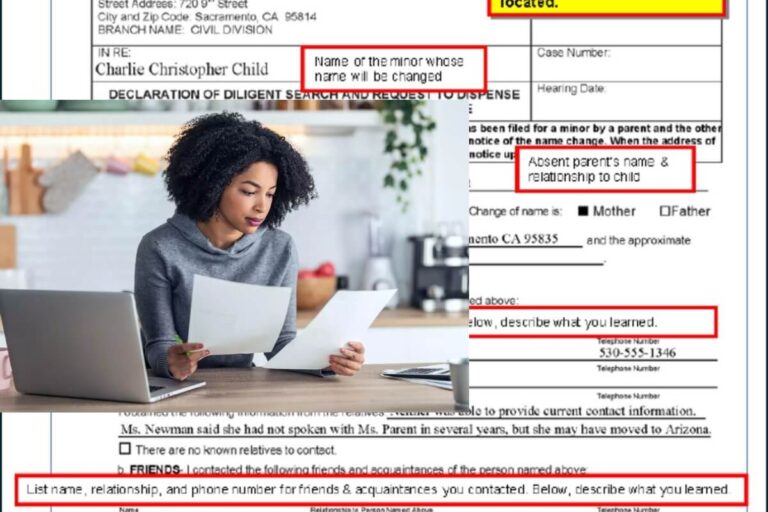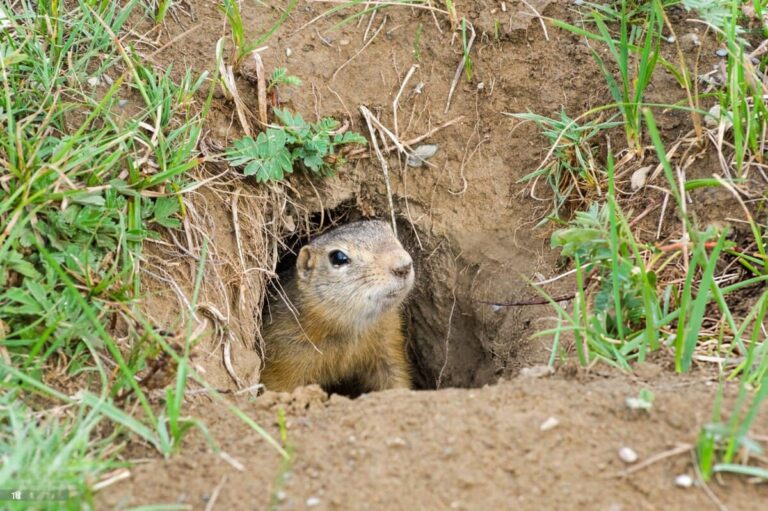Are Sugar Gliders Legal Pets in California? State Laws Explained

Sugar gliders are undeniably adorable, pocket-sized marsupials that many exotic pet lovers wish they could own. With their large, inquisitive eyes, membraneous patagium that allows them to glide between trees, and their tendency to bond tightly with owners, it’s no wonder these animals have recently grown in popularity across certain parts of the United States.
But if you live in the state of California and have ever asked yourself, “Can I legally own a sugar glider as a pet?” – the short answer is no.
In this extensive guide, we’ll cover all the details around sugar glider legality in California, including:
- Why sugar gliders are illegal to own as pets
- What the current laws and regulations state
- Consequences for illegal ownership
- The status of campaigns to legalize sugar gliders
- Other exotic pets that are prohibited
- And more…
So if you want the full inside scoop on whether it’s possible to legally own these exotic marsupials in California, keep reading.
Why Are Sugar Gliders Currently Illegal to Own in California?
Sugar gliders may seem harmless, but they are clearly defined under California Code of Regulations Title 14, Section 671 as a restricted animal that cannot be imported, transported, or owned as a pet.
The state of California considers sugar gliders to be detrimental to the environment, agriculture, or public health and safety if allowed as personal pets. Specific concerns include:
- Impact on native ecosystem: As non-native species, sugar gliders could negatively impact local wildlife if they escaped or were released into the wild. They could compete for habitat, food and resources.
- Crop damage and agriculture: Like other exotic pets such as hedgehogs or gerbils, if sugar gliders managed to establish wild populations they could become agricultural pests.
- Disease transmission: Sugar gliders may carry diseases or parasites that could spread to wildlife or even humans if kept as pets.
- Public safety risk if escaped: Although small, sugar gliders do have sharp teeth and claws which they could use to bite or scratch if threatened.
Essentially, California banned a wide range of exotic pets to protect both environmental and public interests – and sugar gliders unfortunately fell under this prohibited category.
Sugar Gliders Are Also Illegal Pets in Other U.S. States

If you’re wondering whether sugar glider laws differ across states, you may be disappointed to find that California is not alone in outlawing them.
Several other states restrict sugar glider ownership, including:
- Alaska
- Hawaii
- Pennsylvania
In addition, some city jurisdictions like New York City and St. Paul, Minnesota have enacted local ordinances that prohibit residents from owning exotic marsupials – including sugar gliders.
So unfortunately, sugar gliders join the ranks of other popular exotic pets like hedgehogs, ferrets, and gerbils that are banned in California as well as other parts of the country.
No Permit Available for Private Ownership of Sugar Gliders
Since sugar gliders are categorized as a restricted animal under California regulations, the state will not issue permits to private individuals who want to keep them as pets.
The only scenario where a special permit could be granted is to zoos, animal exhibitors, shelters or wildlife sanctuaries that meet very strict facility and care requirements.
But for the average California citizen hoping to own an exotic sugar glider as a household pet – that option is off the table according to current state laws.
Consequences and Penalties for Illegal Sugar Glider Ownership
Given state restrictions, you might be wondering what penalties apply if you get caught owning a sugar glider anyway. Are the authorities really going to crack down on someone for keeping this tiny exotic as a pet?
Unfortunately the answer is yes – there can be legal consequences for illegal pet ownership even for animals as small and innocuous as sugar gliders. According to California regulations for restricted animals, penalties include:
- Civil penalties up to $10,000 in fines based on each illegal pet owned, plus repayment of removal/storage/care costs related to confiscation of the animal(s).
- Criminal prosecution – a misdemeanor charge punishable by up to 6 months in county jail and/or fines up to $1,000 for owning illegal restricted species.
- And of course, confiscation and likely euthanasia of the beloved but prohibited sugar glider pet(s).
So sugar glider fans in California should take heed – skirting state laws to own this exotic marsupial, despite how alluring they may be, can lead to legal consequences according to the California Department of Fish and Wildlife.
Campaigns to Legalize Sugar Gliders As Pets

Even with statewide laws prohibiting ownership, many exotic pet lovers contend sugar gliders should be legal to own responsibly in California.
In fact, there have been ongoing public campaigns and online petitions submitted in hopes that California legislators will make an exemption in the future.
Arguments in favor of legalizing sugar gliders in California include:
- Sugar gliders are not dangerous or aggressive compared to other exotic pets. Their small size and teeth/claws make them no more of a public safety threat than a pet hamster or gerbil.
- If they did accidentally escape captivity, sugar gliders could not survive for long periods in the California climate and ecosystem. So the risks they could establish feral colonies, impact crops or displace native species are low.
- Requiring all sugar glider owners to have their pets spayed/neutered could prevent uncontrolled breeding.
- Educational campaigns could inform owners on proper sugar glider care, handling and containment to prevent escapes in the first place.
Despite these compelling points however, California laws have not changed in recent years to allow domestic ownership of sugar gliders or other prohibited exotics for pets.
Given the state’s strict policies, it seems unlikely the regulations will expand to allow sugar glider possession anytime soon without significant scientific evidence guaranteeing minimal risks.
So promoters of legalizing sugar gliders continue spreading awareness and arguing their case. Yet whether California lawmakers will ever relent and grant an exemption remains to be seen.
Other Illegal Exotic Animals That Can’t Be Kept as Pets
While the California restrictions against owning sugar gliders might seem surprising, these adorable marsupials are certainly not the only popular exotic species that is off limits.
To put things in context, here is a quick overview of some other exotic pets that are banned under the California Code of Regulations Title 14, Section 671 alongside sugar gliders:
Hedgehogs
Cute and spiny hedgehogs are restricted because if released or escaped, they could establish wild colonies that would compete with native species. They also carry health concerns like salmonella transmission.
Ferrets
While ferrets might seem like the perfect small indoor pet, California prohibits them like other creatures in the weasel family because they threaten local birds and wildlife if loose outdoors. Ferret bites can also spread rabies.
Gerbils
Gerbils can’t be owned in California (or Hawaii) because if they got free in nature, these desert-adapted rodents could damage agriculture and displace native plant/animal species given compatible climates.
Squirrels
The high risk that pet squirrels would chew through enclosures and escape makes California cautious about allowing them as pets.
Monkeys
Given their intelligence, dexterity and potential for disease transmission if bitten or scratched, monkeys like chimpanzees have been prohibited from individual exotic pet ownership in California for some time.
Hedgehogs
Cute and spiny hedgehogs are restricted because if released or escaped, they could establish wild colonies that would compete with native species. They also carry health concerns like salmonella transmission.
So sugar gliders definitely do not stand alone when it comes to exotic pets banned in California. Before bringing any unusual animal species home, prospective owners must research legality and permits very carefully to avoid fines or confiscation.
Will California Exotic Pet Laws Change Anytime Soon?
Based on continued public pressures to allow ownership of some exotic pets like sugar gliders, many Californians still hold out hope that state legislators may someday revisit the restrictions against these animals.
However, given longstanding policies in place to protect native species and prevent introduced diseases, a major change seems relatively unlikely for the foreseeable future.
California Fish and Wildlife authorities seem committed to keeping prohibited exotics like sugar gliders, hedgehogs and squirrel monkeys off the roster of allowable pets in order to maintain environmental and public health standards.
Still, only time will tell whether exotic pet fans in California can eventually succeed in overturning current laws through new scientific studies, lobbying efforts and submitted petitions. For now at least, the reality remains that sugar gliders cannot be owned legally as pets.
Conclusion: Sugar Gliders Are Not Legal Pets in CA
To summarize the key points:
- Sugar gliders are sadly illegal to own as personal pets in California (as well as some other states like Pennsylvania and Hawaii)
- State laws prohibit sugar gliders out of concern they could negatively impact native plants/wildlife if released or escaped captivity
- No permits exist for private sugar glider ownership – only select zoos/exhibitors may have that privilege if facility requirements are met
- Consequences for illegal ownership include large civil/criminal penalties and confiscation of the animals
- Campaigns continue to try convincing California legislators that sugar gliders should be legalized but have not succeeded in changing regulations yet
So if you live in California and have ever wondered “can I own a sugar glider” or see them for sale online – be sure to double check regulations in your city/county before taking one home. Because according to state laws, buying or sheltering unpermitted exotic pets could land owners in legal trouble.
Hopefully this clear guide has answered all your questions around whether sugar gliders can be owned as pets where you live in CA, as well as what arguments surround changing current exotic animal restrictions in the future. Let us know if you have any other exotic pet law questions!






